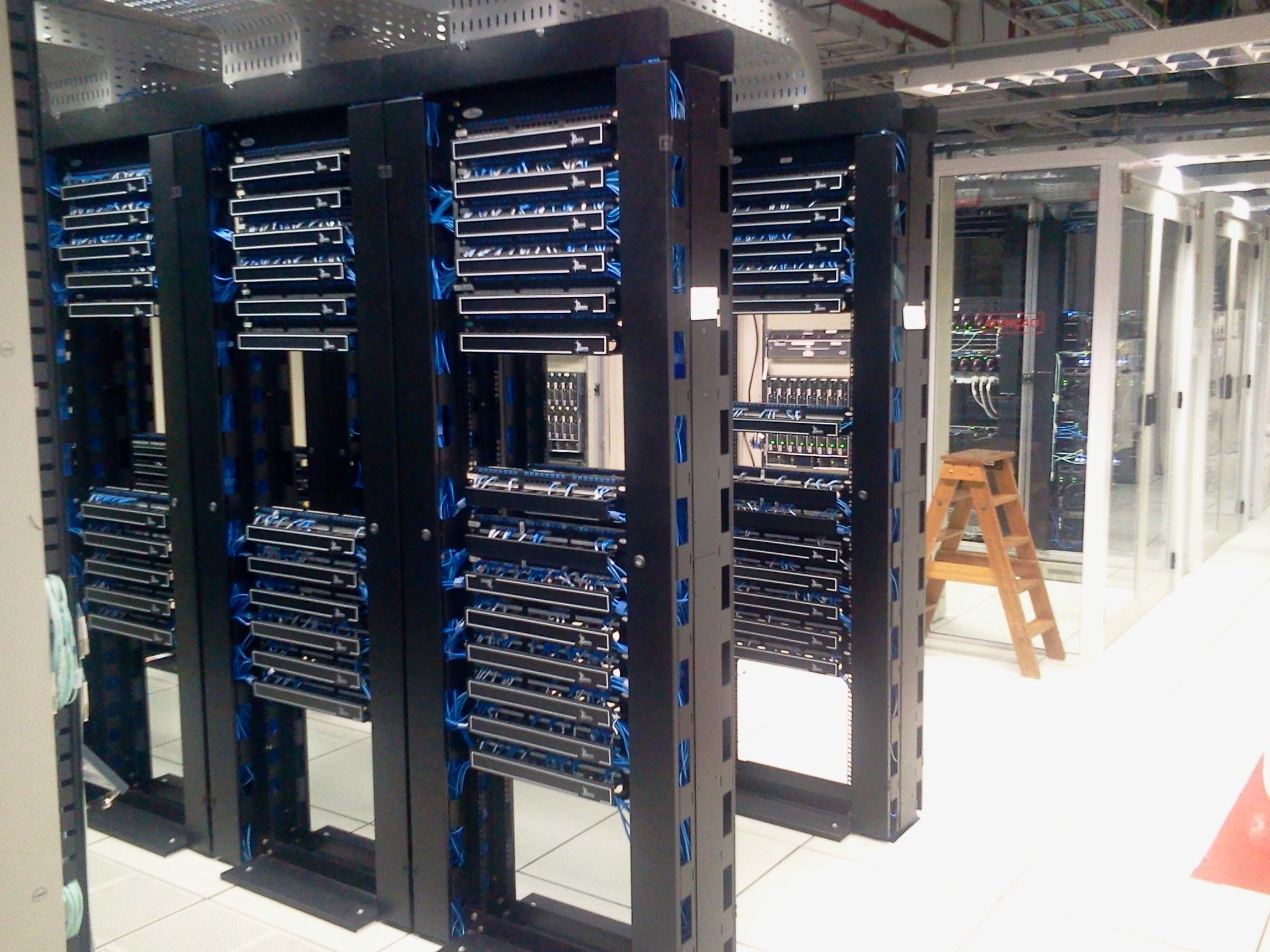As part of a range of projects and investments in computing infrastructure, Whitehall’s tech department will be tasked with creating a plan to support key developments, while ‘removing speculative demand’
The Department for Science, Innovation and Technology is to create a plan for the UK’s datacentre network to ensure that the most important developments in the country’s computing infrastructure are greenlit and prioritised.
This week’s Budget, delivered in parliament by chancellor Rachel Reeves and now published on full on GOV.UK, sets out an ambition to better manage the pipeline of projects seeking to be connected to the UK’s electricity grid.
A key focus of this management will be enabling the most significant new computing facilities to obtain connection; shortly after coming to power last year, the government designated datacentres as part of the UK’s critical national infrastructure. Impending regulations – overseen by Ofcom and the Department for Science, Innovation and Technology – will also introduce security and resilience requirements for datacentre operators.
Alongside these new watchdog responsibilities, in the coming months Whitehall’s tech department will also be tasked with creating a framework for assessing future facilities seeking to get up and running.
“[With the aim of] removing speculative demand in the grid-connection queue, DSIT will set out a strategic plan for datacentres to ensure only the most strategic and credible projects are taken forward,” the budget says.
Related content
- Deputy PM reopens refused bids for major datacentres in home counties
- UKCloud collapse has cost Cabinet Office £17.5m so far
- Digital ID data will all be hosted in UK, minister claims
This is one of various measures detailed in the red book intended to bolster the country’s computing power – with a particular focus on supporting the use of artificial intelligence. Funding announced in the Spending Review earlier this year committed £2bn to be invested over the rest of this decade in AI infrastructure. Alongside this, the government is designating a network of AI Growth Zones around the UK.
“The government is already crowding in tens of billions of private investment to deliver computing power through the AI Growth Zone Programme, helping to unlock the growth benefits of AI in every part of the country,” the budget says. “In November 2025, the government announced a new, third AI Growth Zone in North Wales, creating 3,400 jobs in the local area, and a fourth AI Growth Zone in South Wales. The delivery of AI Growth Zones has been complemented by the landmark UK-US Technology Prosperity Deal agreed in September, through which Microsoft, working with the UK-based Nscale, announced that it is building the UK’s largest supercomputer, as part of a £22 billion investment in AI infrastructure in the country.”
The fiscal exercise also sets out £10m in new funding to support the development of new semiconductor chips in specialist facilities South Wales.
“This funding will focus on semiconductor technologies critical to AI and datacentres to support innovation, strengthen supply chains, and develop the skills needed for future growth”, the red book says.




